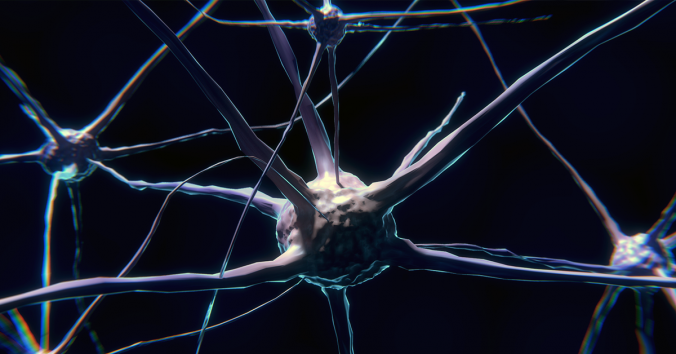In a scientific article, it is of course essential that the authors describe the aim, methods and results of the study. But all researchers also have a research ethical responsibility to reflect on ethical aspects of the work and to plan and carry out their studies in accordance with relevant laws and guidelines. The ethical […]
Continue readingPage 8 of 49
Inequality is not just a bad feeling that some may have, but a bad reality that we share. Especially in countries where gender equality work is not well established, it is important that inequality is not handled as a contested issue, but as a fact about which more knowledge should be sought. Who has the […]
Continue readingImagine that you are asked to participate in a biomedical research project and to provide biological samples and health data to the project. Imagine also that this research project is meant to be long-term and that you will be invited, occasionally, to provide more data and samples. If you decide to participate, you will be […]
Continue readingThe characters in Franz Kafka’s novels go astray in the corridors of bureaucracy. Impersonal officials handle never-defined cases as if they were robots controlled by algorithms as obscure as they are relentless. Judgments are passed without the convicted receiving any comprehensible information about possible charges. Please excuse this dramatic introduction, which, in a perhaps slightly […]
Continue readingResearch ethics committees play an important role in safeguarding human beings in research. Respect for human dignity in research has not always been self-evident. The emergence of research ethics has taken place in the wake of ethical scandals and abuses in which society’s most vulnerable have been used and exploited in the name of science. […]
Continue readingPhilosophy is often regarded as impractical and useless. At the same time, philosophy has a therapeutic aspect. Socrates practiced philosophy with people he met in Athens. He tried to persuade them to care not only about their bodies, their money and the affairs of the state, but to also examine themselves and take care of […]
Continue readingAI tools can both transform and produce content such as texts, images and music. The tools are also increasingly available as online services. One example is the ChatGPT tool, which you can ask questions and get well-informed, logically reasoned answers from. Answers that the tool can correct if you point out errors and ambiguities. You […]
Continue readingIt happens that academics write visionary texts that highlight great human challenges. I blogged about such a philosophically visionary article a few years ago; an article in which Kathinka Evers discussed the interaction between society and the brain. In the article, she developed the idea that we have a “proactive” responsibility to adapt our societies […]
Continue readingA few weeks ago, Josepine Fernow wrote an urgent blog post about science and language. She linked to a research debate about conceptual challenges for neuroscience, challenges that arise when ordinary words get specialized uses in science as technically defined terms. In the case under debate, the word “sentience” had been imported into the scientific […]
Continue readingI believe that many of us feel that the climate of human conversation is getting colder, that it is becoming harder for us to talk and get along with each other. Humanity feels colder than in a long time. At the same time, the global challenges are escalating. The meteorological signs speak for a warmer […]
Continue reading










